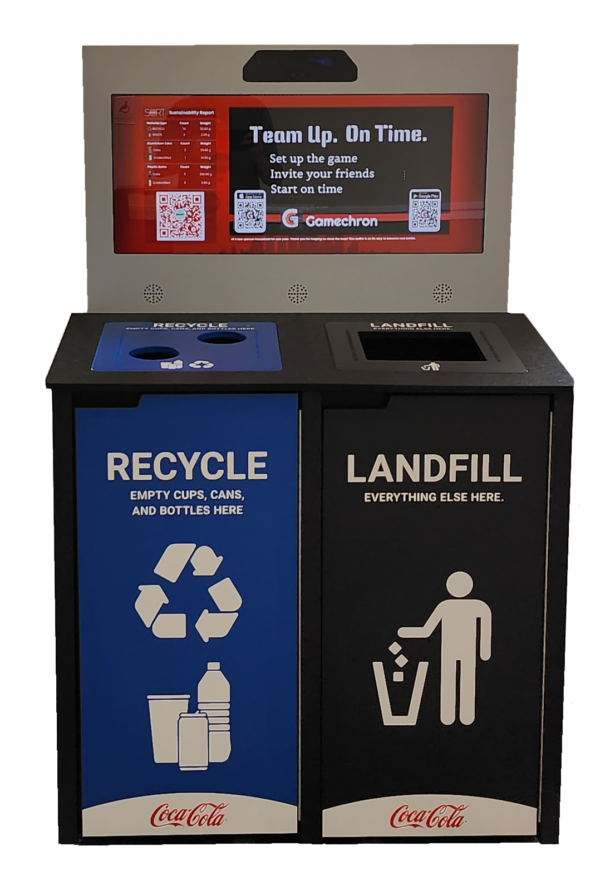The future of recycling is changing. Innovations in smart recycling bins are revolutionizing the way we manage our waste and helping to reduce landfill waste. Smart recycling bins are connected to the internet and feature sensors that measure the amount of waste each person puts in the bin. They can also identify the type of materials being recycled such as paper, plastic, metal, and glass. This data is then sent to a central landfill or recycling facility, allowing for more efficient waste management.
The benefits of using smart recycling bins are numerous. They allow for better tracking of waste levels and can alert facility managers when a bin is full or when a certain type of waste is overflowing. This can lead to more efficient waste collection, reducing the amount of waste that ends up in landfills or is disposed of improperly. Smart recycling bins also encourage people to recycle more, as they can be programmed to reward people for depositing their waste correctly.
Smart recycling bins are just one way that the future of recycling is changing. Other innovations such as automated waste sorting systems, robotic waste collection, and even artificial intelligence-powered waste management systems are being developed to make the recycling process more efficient and sustainable. These new technologies are helping to reduce our carbon footprint, conserve resources, and create a more sustainable future for generations to come.




